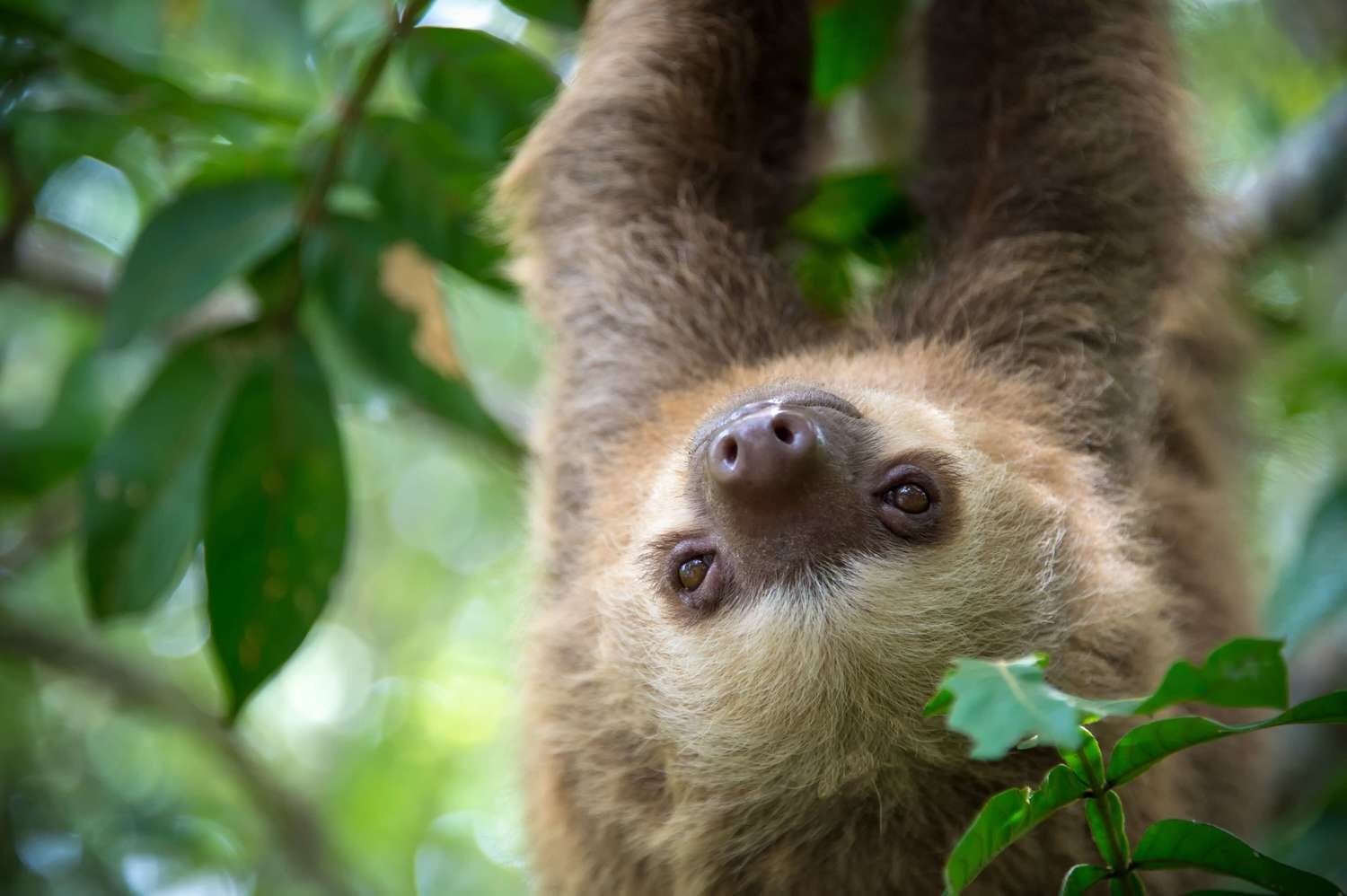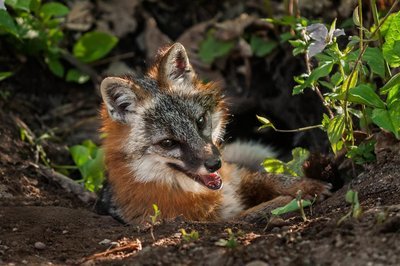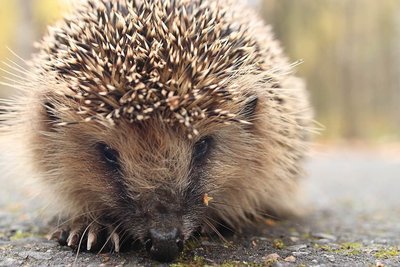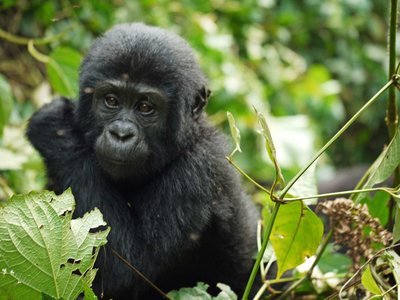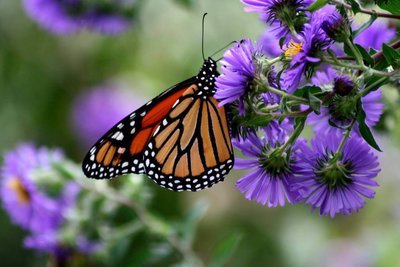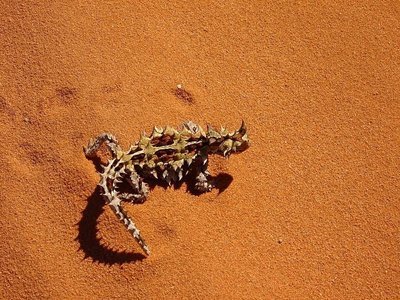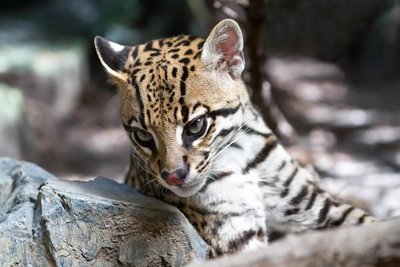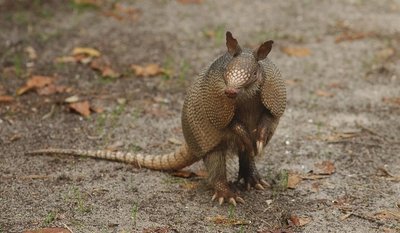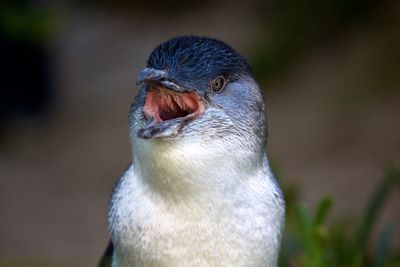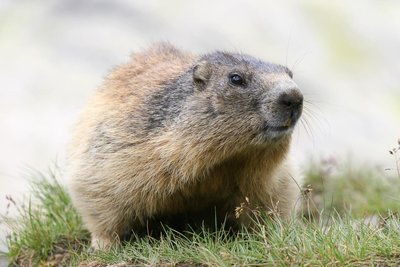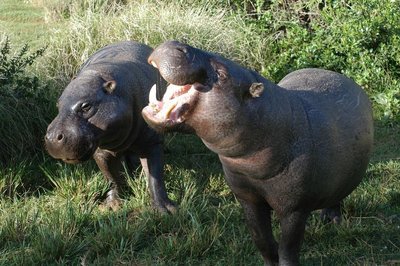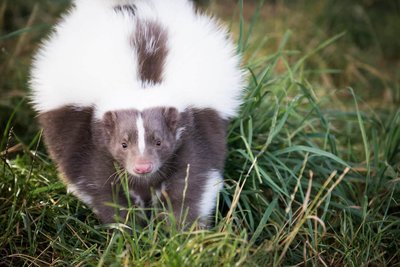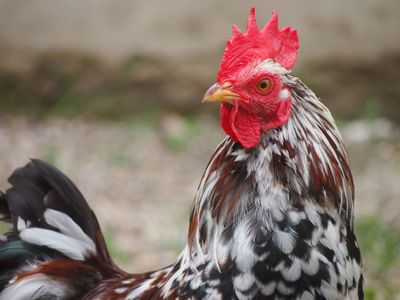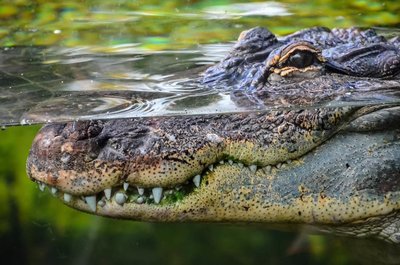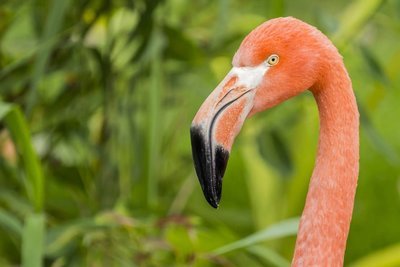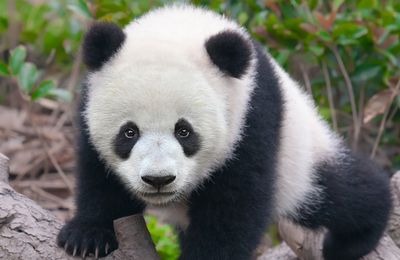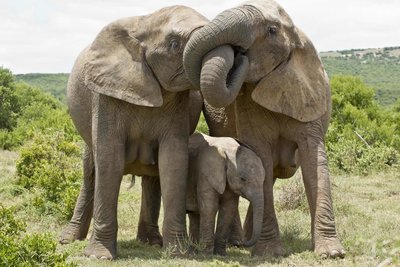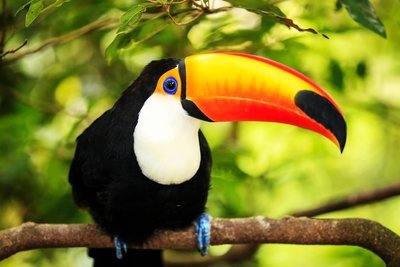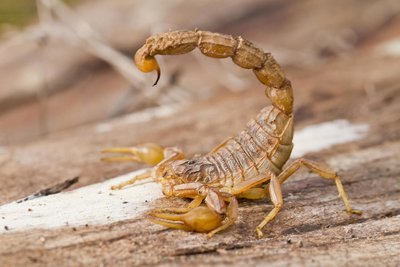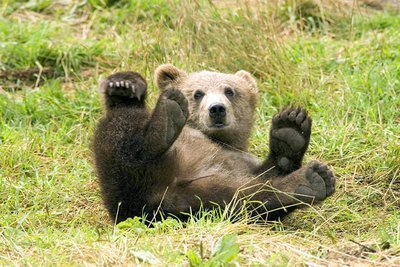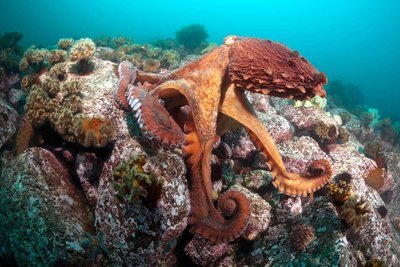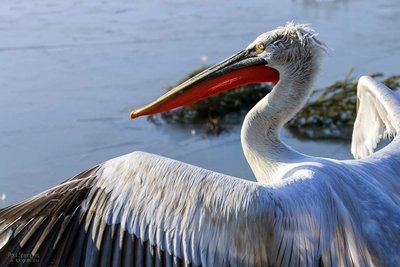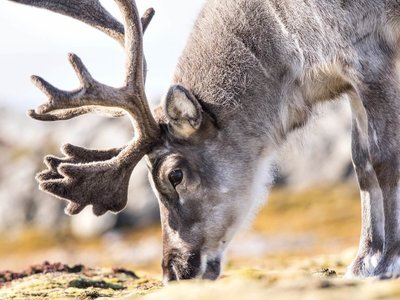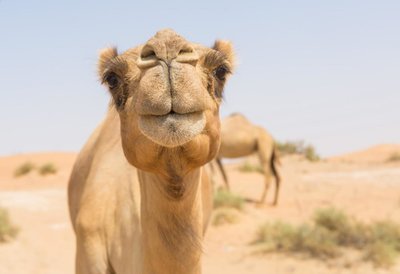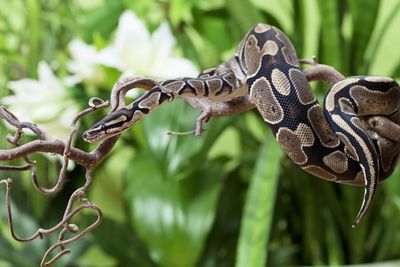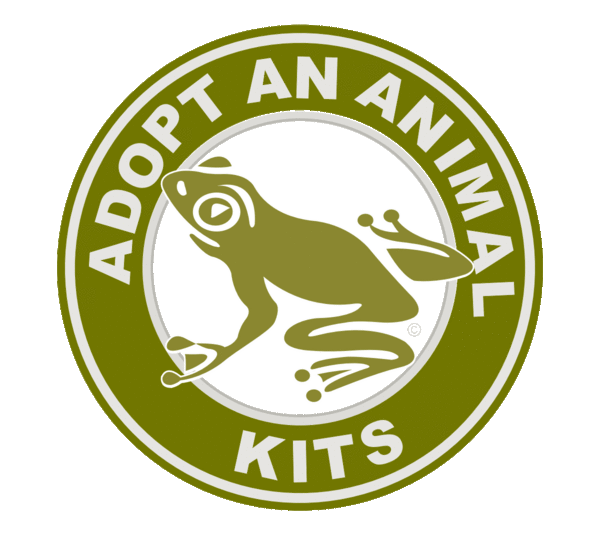

Adopt An Animal Kits
Adopt An Animal symbolically. Your Adopt An Animal Kit comes in a Deluxe Folder and includes: Glossy Photo of Your Adopted Animal; Adopt An Animal Adoption Certificate; Fact Sheet About Your Adopted Animal; Help Animals Info Cards Packed With Information On Animal Issues & How You Can Help Animals And The Environment. Adopt An Animal for Yourself or as a Gift.
Adopt A Two-Toed Sloth
Adopt A Two-Toed Sloth
Your Adopt A Two-Toed Sloth Kit comes in a Deluxe Folder and includes:
- Glossy Photo Of Your Adopted Two-Toed Sloth
- Adopt A Two-Toed Sloth Adoption Certificate
- Fact Sheet About Your Adopted Two-Toed Sloth
- Help Animals Info Cards Packed With Information On Animal Issues & How You Can Help Animals And The Environment
Adopt A Two-Toed Sloth Kits make great gifts and can be sent directly to the recipient. Simply supply the recipient's name and mailing address as shipping information. We'll even include a letter stating the Adopt An Animal Kit is from you.
Adopt An Animal symbolic adoption is a one time fee. Adopt an animal for yourself or order an Adopt An Animal Kit as a gift. Help make a difference for animals - Adopt An Animal Today!
Adopt A Two-Toed Sloth
Sloths are medium-sized South American mammals belonging to the families Megalonychidae and Bradypodidae, part of the order Pilosa. Most scientists call these two families the Folivora suborder, while some call it Phyllophaga. Sloths are herbivores, eating very little other than leaves.
There are two different types of sloths: two-toed and three-toed. There are six species of sloths: Linnaeus’s two-toed sloth (Choloepus didactylus); Hoffman’s two-toed sloth (Choloepus hoffmanni); Pygmy three-toed sloth (Bradypus pygmaeus); Maned sloth (Bradypus torquatus); Pale-throated sloth (Bradypus tridactylus); and Brown-throated sloth (Bradypus variegatus). The pygmy sloth is critically endangered and the maned sloth is vulnerable.
Sloths have made extraordinary adaptations to an arboreal browsing lifestyle. Leaves, their main food source, provide very little energy or nutrition and do not digest easily. Sloths have very large, specialized, slow-acting stomachs with multiple compartments in which symbiotic bacteria break down the tough leaves. Sloths may also eat insects and small lizards and carrion. As much as two-thirds of a well-fed sloth's body-weight consists of the contents of its stomach, and the digestive process can take as long as a month or more to complete. Even so, leaves provide little energy, and sloths deal with this by a range of economy measures: they have very low metabolic rates (less than half of that expected for a creature of their size), and maintain low body temperatures when active, and still lower temperatures when resting.
Sloth fur also exhibits specialized functions. The outer hairs grow in the opposite direction to that of other mammals, pointing away from their extremities, and in moist conditions host two species of symbiotic cyanobacteria, which may provide camouflage. Their outer fur coat is usually a thick brown, but occasionally wild sloths appear to have a green tinge to their fur because of the presence of these bacteria. The bacteria provide nutrients to the sloth, and are licked.
Sloths have short, flat heads, big eyes, a short snout, long legs and tiny ears. Their claws serve as their only natural defense. A cornered sloth may swipe at its attackers in an effort to scare them away or wound them. Despite sloths' apparent defenselessness, predators do not pose special problems. In the trees sloths have good camouflage and, moving only slowly, do not attract attention. Only during their infrequent visits to ground level do they become vulnerable. The main predators of sloths are the jaguar, the harpy eagle and humans. The majority of sloth deaths in Costa Rica are from sloths getting into electrical lines and from poachers.
Despite their adaptation to living in trees, sloths make competent swimmers. Their claws also provide a further unexpected defense from human hunters - when hanging upside-down in a tree they are held in place by the claws themselves and do not fall down even if shot from below, thus making them not worth shooting in the first place.
Sloths move only when necessary and then very slowly. They have about half as much muscle tissue as other animals of similar weight. They can move at a marginally higher speed if they are in immediate danger from a predator, but they burn large amounts of energy doing so. Their specialized hands and feet have long, curved claws to allow them to hang upside-down from branches without effort. While they sometimes sit on top of branches, they usually eat, sleep, and even give birth hanging from limbs.
Sloths go to the ground to urinate and defecate about once a week, digging a hole and covering it afterward. They go to the same spot each time and are vulnerable to predation while doing so.
Infant sloths normally cling to their mothers' fur. Females normally bear one baby every year, but sometimes sloths' low level of movement actually keeps females from finding males for longer than one year.
THREATS TO SLOTHS
Sloths are common victims of the animal entertainment industry. Sloths forced to live their lives in zoos suffer numerous health problems. Captivity is cruel for these wild animals. Confined to tiny areas and gawked at by crowds, they endure constant stress. Their immune systems are weakened, and they become prone to sickness. Mental illness is rampant among confined animals. Torn from their families and deprived of all dignity, every part of their lives is controlled by their captors.
Sloths are rising in popularity as "pets". Sold like toys by the unethical pet trade industry, they are forced to live their lives in tiny cages denied their natural instincts and social interaction with their own kind. There are very few legal breeding facilities for sloths; most are sold illegally. Sloths do very poorly in captivity.
Adopt Adopt An Animal Kits
Our Adopt An Animal Kits are educational packets that allow you to symbolically adopt a favorite animal species and contain a variety of information promoting the protection of wildlife, companion animals, farm animals and the environment. By purchasing a symbolic adoption kit you will receive a packet of information regarding daily choices you can make to help the earth and animals.
Your Adopt An Animal Kit comes in a Deluxe Folder and includes:
Glossy Photo Of Your Adopted AnimalAdopt An Animal Adoption CertificateFact Sheet About Your Adopted AnimalHelp Animals Info Cards Packed With Information On Animal Issues & How You Can Help Animals And The Environment.
Adopt an animal for yourself or order an Adopt An Animal Kit as a gift. Symbolically adopting an animal is the perfect gift for a loved one who loves animals, and helps to promote the compassionate treatment of animals and respect for the environment by offering information on how to help the earth and animals. Adopt An Animal Kits can be sent directly to the recipient: simply supply the recipient's name and mailing address as shipping information. We'll even include a letter stating the Adopt An Animal Kit is from you.
Adopt An Animal Kits is a small, independent business not affiliated with any other business, non profit or charitable organization.
Fast Shipping!
Shipping time for Adopt An Animal Kits averages 2 to 4 business days - USA. Allow additional time for Adopt An Animal Kits orders outside the USA. Your Adopt An Animal Packet will arrive approximately 2 to 4 business days following shipping date. Shipping for Adopt An Animal Kits within the USA is by U.S.P.S. Priority Mail.
INTERNATIONAL ORDERS: Average shipping time for Adopt An Animal Kits outside of the USA is 5 to 14 business days, including Canada. International Shipping & Handling for Adopt An Animal Kits is by U.S.P.S. First Class Mail.
About Us
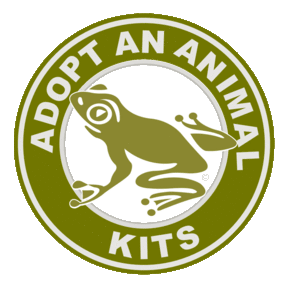
Adopt An Animal Kits, LLC
The world is teaming with an amazing diversity of animals. Some species are beautiful, others bizarre — but they all are important to the ecosystem and deserve our respect, compassion and protection. Unfortunately, many animal species are declining at a rapid rate as a result of irresponsible human activities. Habitat destruction, pollution, hunting, poor agricultural practices and changes in climate are among the threats faced by wildlife and domestic animals.
Adopt An Animal Kits, LLC is a small business who believes in promoting the advancement of compassionate living by educating the public about animal and environmental issues and what individuals can do to prevent cruelty to animals. Through our work, we strive to eliminate the prejudice of animals (speciesism) through educational efforts. Our business produces printed and printable educational materials available to individuals with an interest in earth and animal topics. Our Adopt An Animal Kits seek to educate and influence individuals on environmental and animal issues. The purchase of an Adopt An Animal Kit allows you to symbolically adopt your, or your loved one's, favorite animal species while promoting the protection of wildlife, companion animals, farm animals and the environment. Rather than adopting an indivdual animal, you are symbolicly adopting the species. Each kit contains a collection of information on how you or your loved one can make daily choices to help animals and the environment.
Our website provides an information portal regarding these issues. Information posted on the site is free of charge and available to anyone with an interest. Our printed and printable materials are available to individuals with an interest in earth and animal issues. We produce hundreds of fact sheets, flyers, and digital materials regarding environmental and animal issues. Most materials are available at no cost to anyone with an interest.
Adopt An Animal Kits, LLC is not a charitable or nonprofit organization.
